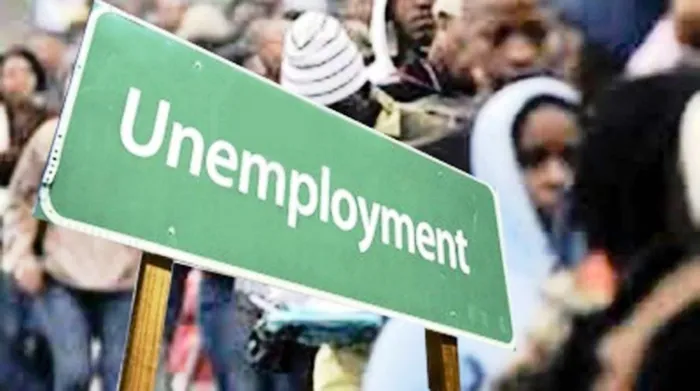Youth Month 2025: The Reversal of Democratic Gains in South Africa

The writer raises concerns about how the system has failed the youth as many are left jobless and have to fend for themselves.
Image: File
South Africa’s democracy, born in 1994 amid hope and renewal, promised a future where every citizen could access opportunity, dignity, and prosperity. Yet, nearly three decades later, we face an alarming reality: the youth unemployment rate has soared to 46.1 percent among those aged 15 to 34. Nearly half of our young people are unemployed, their dreams deferred and potential wasted.
This is the stark backdrop against which the current Government of National Unity—a coalition including the ANC, the Democratic Alliance, and others—is governing. Formed amid political tensions and aimed at fostering stability, this GNU promised collaborative governance and renewed focus on South Africa’s challenges. But instead, the hard-won gains of democracy are being reversed. Coalition governments can offer a way forward in divided societies.
But South Africa’s current GNU risks becoming a symbol of political paralysis rather than progress. With competing party interests, policy disagreements, and fragile alliances, decisive action—especially on economic issues—has stalled. The youth, who stood to benefit most from this new political configuration, are bearing the brunt of this dysfunction. Instead of creating jobs, supporting skills development, and stimulating entrepreneurship, the coalition is mired in internal conflict, leading to delayed reforms and uncertainty that deter investment. High youth unemployment is more than a statistic; it represents a lost generation.
It fuels poverty, crime, and social unrest, threatening the very stability the GNU seeks to uphold. The democratic promise of “a better life for all” feels increasingly hollow when millions of young South Africans see no path forward. Furthermore, with corruption allegations still looming and governance challenges unresolved, public trust in both the ANC and the DA is eroding. The coalition’s inability to present a unified and effective strategy undermines confidence in democracy itself. For the GNU to fulfil its mandate, it must prioritize youth empowerment through concrete action. Job creation programs targeting youth must be implemented with urgency, including public works and private sector incentives.
Education and vocational training need substantial investment to align skills with market demands. Entrepreneurship and innovation must be promoted by reducing barriers for young business owners. Government transparency and accountability are essential to rebuild public trust. Most importantly, genuine cooperation among coalition partners is necessary to ensure policy coherence and swift implementation. South Africa’s democratic journey is at a crossroads.
The current GNU, with its promise of unity, must rise above political differences to address the crisis facing our youth. If the nearly 50 percent unemployment rate among young people continues unchecked, the gains of democracy will have been reversed, and social cohesion will be at risk.What are we really celebrating if the future of our youth—and thus the future of South Africa—is so uncertain? The time for decisive, inclusive, and visionary leadership is now.
* Mayalo is an independent commentator and writer
*** The views expressed do not necessarily reflect the views of IOL, Independent Media or The African.